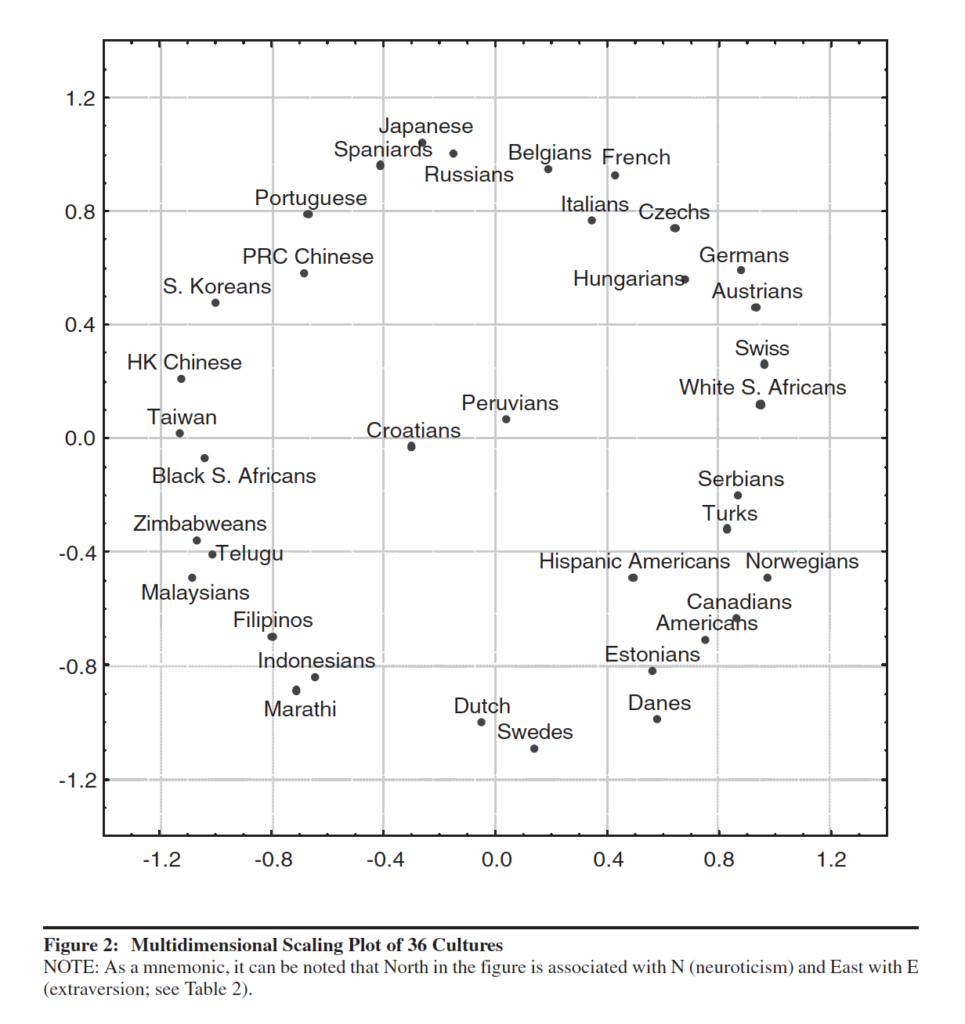 Did you know that 88% of Americans feel the holiday season is the most stressful time of the year?
Did you know that 88% of Americans feel the holiday season is the most stressful time of the year?
A survey conducted by OnePoll in conjunction with Joy Organics explored the festive stressors and anxiety-inducing moments of the holiday season.
They polled about 2,000 Americans and found that financial concerns actually topped the list of worries when heading into the holiday season — with 56% saying this was one of their concerns.
What other things stress us out during the holidays?
- 67% of those studied say they try to create the “perfect” holiday — which leads to stress.
- 47% say they take on more than they can handle during the holiday season.
- 77% find it hard to relax during the holiday season, which can leave them stressed and worn out.
- 43% of Americans polled tend to be over scheduled during the holiday season
- 59% would define the holiday season as “chaotic.”
So what can you do during this stressful time to ease holiday stress?
Psychologist Jelena Kecmanovic recently wrote a piece for the Washington Post where she suggests 5 ways to deal with holiday stress.
1. Temper Expectations
 No matter how many times we have experienced children’s meltdowns, relatives’ faux pas, burned food or canceled flights, we seem to have unwaveringly high expectations for the holidays. Some experts suggests that setting the bar lower would be much better for our mental health.
No matter how many times we have experienced children’s meltdowns, relatives’ faux pas, burned food or canceled flights, we seem to have unwaveringly high expectations for the holidays. Some experts suggests that setting the bar lower would be much better for our mental health.
Finally, moderate your expectations about others’ reactions to your gifts as you are only responsible for thoughtfully choosing gifts — what happens next is out of your control and more a reflection on the gift receiver.
2. Let go of ‘Shoulds’
 It’s easy to get overwhelmed with all the things we should do during the holidays.
It’s easy to get overwhelmed with all the things we should do during the holidays.
We should send emails or cards with season’s wishes. We should deep clean the house, hunt down all the gifts from our wish lists, cook enough different foods to cater to everyone’s taste and restrictions, package enough cookies to distribute at work, and so on. The to-do list invariably becomes your enemy.
Embrace imperfection and simplicity instead, letting everyone know in advance what adjustments you are making to reduce holiday stress.
3. Make Space for all Emotions
 Kecmanovic explains that one of the most pernicious effects of picture-perfect holidays portrayed in movies, ads and media is an expectation for smiling, joy and happiness, all the time. Although these feelings are common during this season, so are grief, sadness and other negative emotions.
Kecmanovic explains that one of the most pernicious effects of picture-perfect holidays portrayed in movies, ads and media is an expectation for smiling, joy and happiness, all the time. Although these feelings are common during this season, so are grief, sadness and other negative emotions.
Research shows that, in general, mixed emotions are much more frequent than we realize. And rather than being harmful, they often strengthen a person’s resilience during stressful periods and are related to having a strong sense of purpose or meaning in life.
Moreover, pushing away or suppressing negative emotions ends up making them stronger and more frequent. So allow pain and grief to coexist with the other emotions. Noticing and naming various feelings, talking or writing about them, or expressing them through art can be particularly beneficial.
4. Be Open to New Traditions
 Research suggests that not only does Christmas tend to consist of a relatively static set of universally practiced rituals, at least within a given culture, but many of these rituals are also particularly family-centric.
Research suggests that not only does Christmas tend to consist of a relatively static set of universally practiced rituals, at least within a given culture, but many of these rituals are also particularly family-centric.
But if you find yourself a hostage to the holiday traditions that are harder and harder to uphold, it might be time to rethink them.
5. Get Out of Your Head
When, despite everything, holidays get overwhelming and you find yourself stuck in a ruminate-worry-dread vicious cycle, getting outside can provide quick relief. When outside, try to move, even if it means just walking around the block. Three decades of research supports the beneficial effects of movement on our psychological health.
Even a 7 minute yoga practice may make the difference in your day!
The post 5 Tips to Manage Holiday Stress first appeared on Humintell.
 What are some examples of things that trigger emotions? Getting stuck in traffic? Being hungry? Watching the news? How your partner squeezes the tube of toothpaste (yes, this is one of my pet peeves!)?
What are some examples of things that trigger emotions? Getting stuck in traffic? Being hungry? Watching the news? How your partner squeezes the tube of toothpaste (yes, this is one of my pet peeves!)?
 In that last blog
In that last blog Contempt – Moral Superiority
Contempt – Moral Superiority Disgust – Contamination
Disgust – Contamination Fear – Threat
Fear – Threat Happiness – Goal Attainment
Happiness – Goal Attainment Sadness – Loss
Sadness – Loss Surprise – Novel Objects
Surprise – Novel Objects Since the Covid-19 pandemic hit, we’re on video calls more than ever before – and many are finding it exhausting.
Since the Covid-19 pandemic hit, we’re on video calls more than ever before – and many are finding it exhausting.